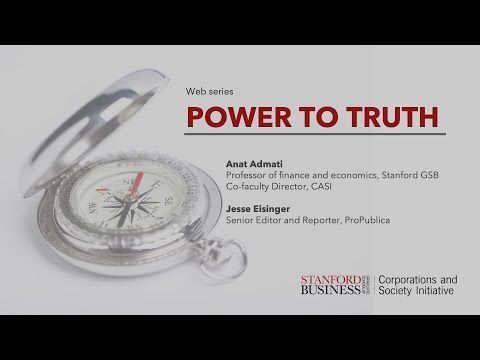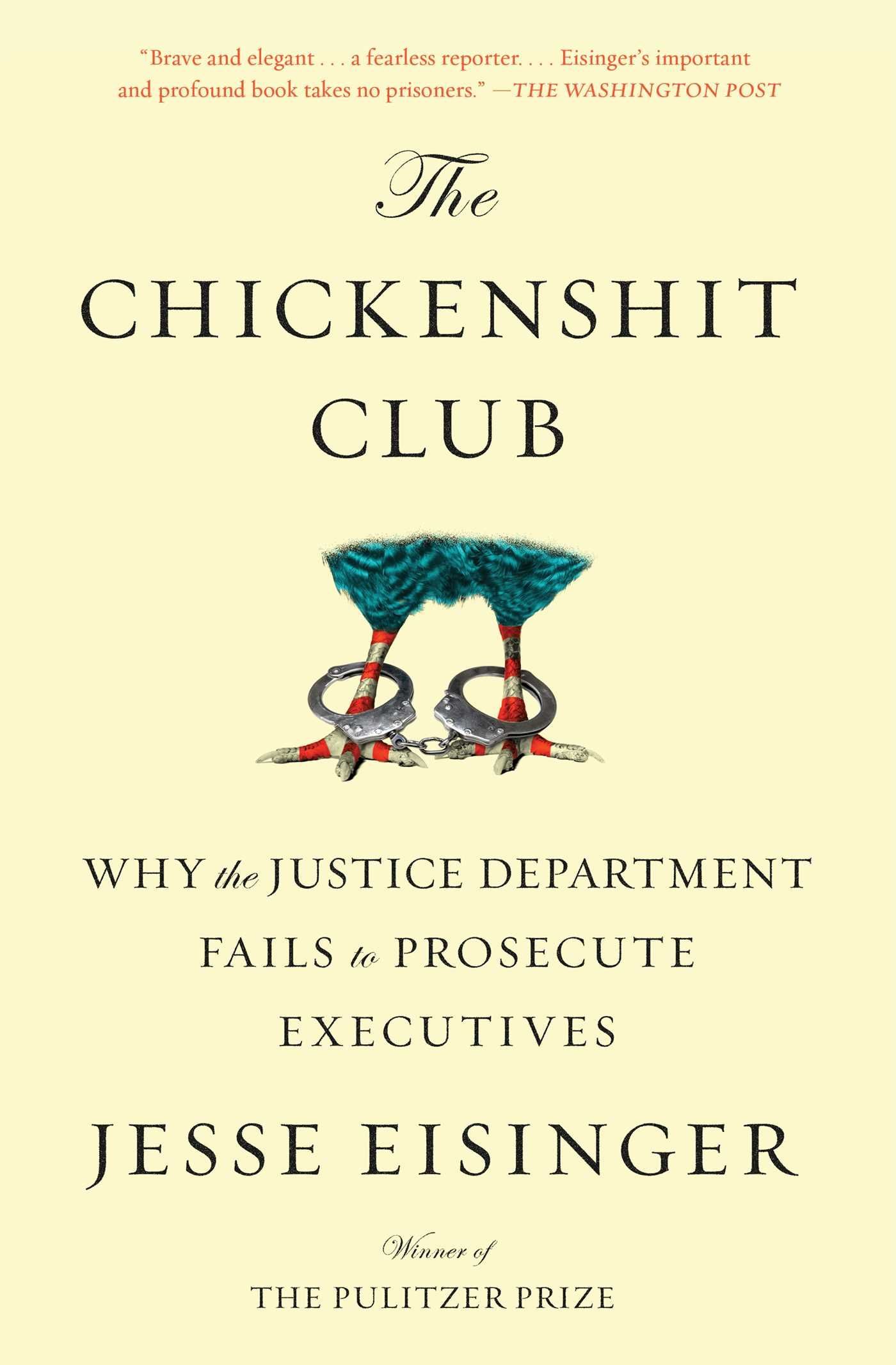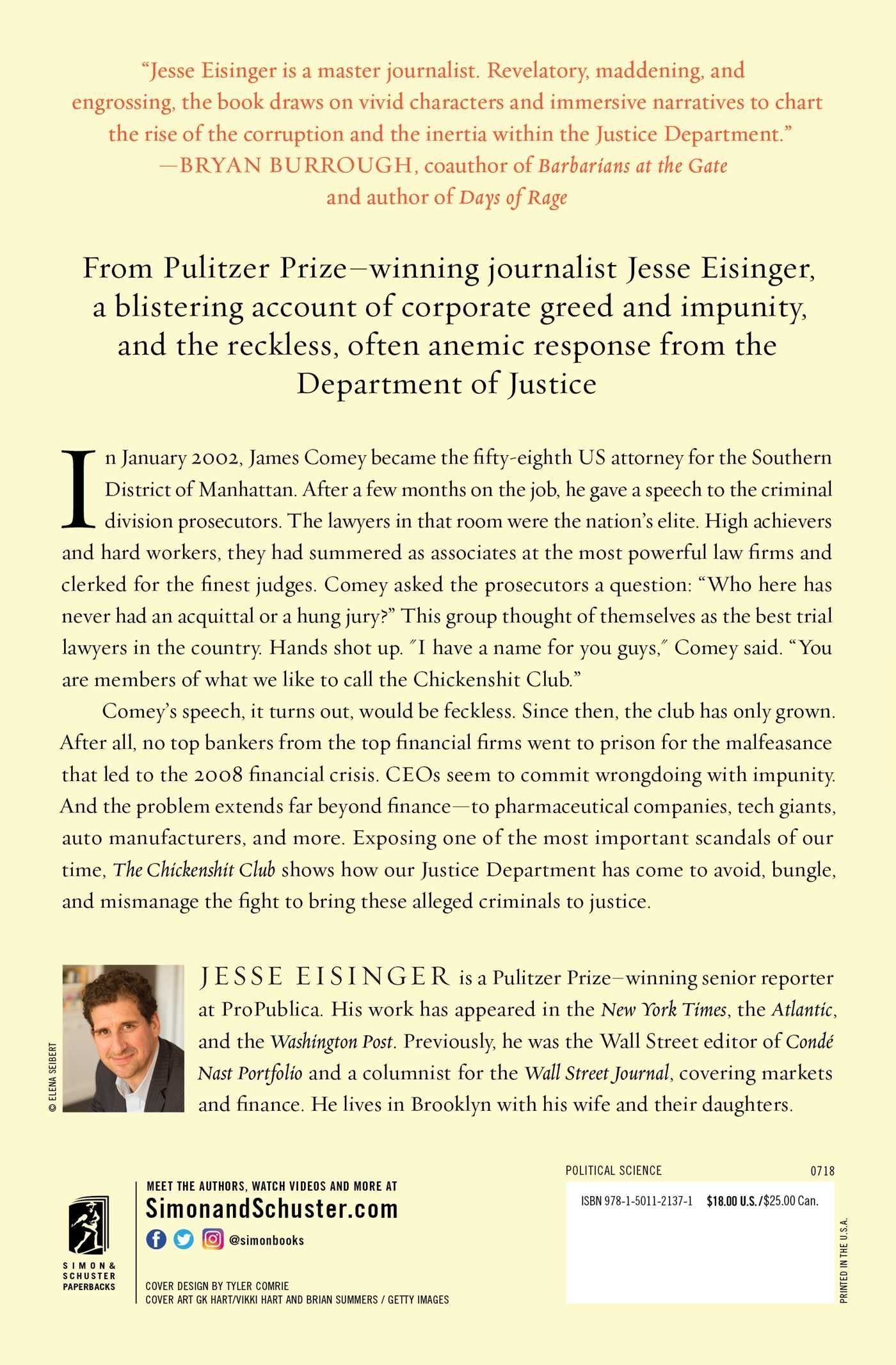News
We are presenting information about Sunrise Hospital and Medical Center and HCA Healthcare from a variety of sources. This page discusses why the media rarely publishes stories about medical malpractice and corporate fraud.
We are also providing information on related topics, including:
- Dr. Michael Bradford,the orthopedic surgeon who harmed Patient-1 and several additional patients
- Hospital Liability, to learn how hospitals try to avoid liability in medical malpractice cases and how you can counter that defense
- Litigation, lawsuits against HCA Healthcare and Sunrise Hospital
- Nevada Hospital Association's mission statement says NHA "serves as an advocate for our members to lead in the provision of high quality, affordable and accessible healthcare services, resulting in healthier Nevada communities. However, NHA was aware of the serious situation regarding Patient-1 being harmed by Dr. Michael Bradford and Sunrise Hospital. They could have added this item to the agenda and could have invited Patient-1 to attend the conference and speak to the members about what happened, but NHA chose to hide from the truth (just like Dr. Bradford and Sunrise Hospital).
- Nevada Orthopedic & Spine Center, learn about Dr. Michael Bradford and his partners, using defective, recalled devices.
- Never Events, errors in medical care that are clearly identifiable, preventable and serious in their consequences for patients, and
- the Union for Sunrise Hospital employees.
- Who to Call, provides a list of individuals and organizations to contact to file complaints or ask for assistance.
It is well known that the media will often decline to publish -- or are prohibited from publishing -- a news story about big corporations due to pressure from those entities or the secret rules about protecting them (often referred to as "Corporate Capture").
In the April 15, 2025, episode of the Power to Truth web series, Anat Admati, Stanford professor and faculty director of the Corporations and Society Initiative (CASI), joins Jesse Eisinger, Pulitzer Prize-winning journalist and senior editor at ProPublica to examine the role of investigative journalism, the erosion of institutional integrity, and the increasing challenges of ensuring that facts still matter.
An April 17, 2025, article, by Lori Butterfield, discusses this powerful episode. It describes investigative journalism as the pursuit of facts that powerful entities actively seek to suppress. The article is titled "Power to Truth: Journalism, Corporate Capture, and the Fight for Truth," and you can watch the episode of the Power to Truth web series where Eisinger talks about the role of investigative journalism and the erosion of institutional integrity .
Eisinger says:
“We define investigative reporting as something that someone, somewhere, doesn’t want you to know,” he said.
At ProPublica, his work focuses on uncovering systemic failures in government, finance, and corporate structures, not necessarily to propose solutions, but to ensure that those responsible face scrutiny.
“Truth is losing its power, and the mechanisms of shame and accountability are working less and less,” Eisinger observed. He pointed to a disturbing shift: rather than just covering up inconvenient facts, those in power now actively dismiss them, making it easier for misinformation and outright falsehoods to spread unchecked.
Additional information on this topic can be found in Eisinger's book titled "THE CHICKENSHIT CLUB: Why the Justice Department Fails to Prosecute Executives."
An overview of the book includes the following statements:
Why don't executives go to jail anymore? Why were no bankers put in prison after the financial crisis of 2008? Why do CEOs seem to commit wrongdoing without meaningful consequences?
Pulitzer Prize–winning journalist Jesse Eisinger lays out the reasons in "THE CHICKENSHIT CLUB: Why the Justice Department Fails to Prosecute Executives," a riveting and blistering account of corporate greed and impunity, and the reckless, often anemic response from the Department of Justice.
Beginning with a cinematic and richly-reported narrative of the Enron case, considered the high-watermark of white-collar prosecution, THE CHICKENSHIT CLUB takes the reader through the last decade and a half of prosecutorial fiascos, corporate lobbying, trial losses, and culture shifts that have stripped the government of the will and ability to prosecute top corporate executives. The problem goes beyond banks deemed “Too Big to Fail” to almost every large corporation in America—from pharmaceutical companies to auto manufacturers and beyond.
This topic is addressed on several websites where similar concerns are raised. Here is a description of the affects of Corporate News Ownership and how it prevents journalists from reporting the news:
Corporate News Ownership affects editorial independence significantly. When news organizations are owned by large corporate entities, editorial decisions are often influenced by the priorities and interests of these parent companies. This influence can manifest in various ways, including the selection of stories that align with the corporate owner’s business interests or political affiliations. As a result, journalists may find themselves constrained in their ability to report freely and objectively.
The pressure to conform to the corporate agenda can lead to self-censorship, where journalists avoid covering certain topics that may be deemed controversial or unfavorable to the corporate owner. This erosion of editorial independence undermines the fundamental principles of journalism, which are rooted in providing unbiased and comprehensive news coverage.
When the public becomes aware that a few large corporations control a significant portion of the media, it can lead to skepticism about the objectivity and impartiality of news coverage. The perception that news organizations are beholden to corporate interests can erode trust in the media as a reliable source of information. This erosion of trust is particularly concerning in an era where misinformation and fake news are prevalent.
The public’s confidence in the media’s ability to provide accurate and unbiased news is crucial for a functioning democracy. When corporate ownership undermines this trust, it can have far-reaching consequences for public discourse and civic engagement.

Power to Truth, powerful web series by Anat Admati and Jesse Eisinger
Eisinger describes investigative journalism as the pursuit of facts that powerful entities actively seek to suppress.
“We define investigative reporting as something that someone, somewhere, doesn’t want you to know,” he said.

"THE CHICKENSHIT CLUB: Why the Justice Department Fails to Prosecute Executives" by Jesse Eisinger, available at Simon & Schuster
Pulitzer Prize-winning journalist and senior editor, Jesse Eisinger, gives a riveting and blistering account of corporate greed and impunity

"THE CHICKENSHIT CLUB: Why the Justice Department Fails to Prosecute Executives" by Jesse Eisinger, available at Simon & Schuster